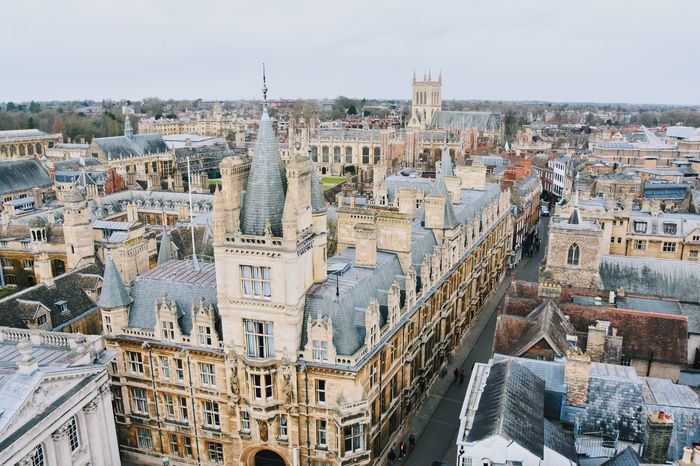Proposed changes to Cambridge exam resits remain stricter than most
The proposals could overhaul the strict criteria under which allowances are currently provided, but would still be less lenient than other UK institutions

Cambridge is in the process of consulting students, staff, and departments about a proposed overhaul of the current system of exam allowances.
If implemented these proposals would still leave Cambridge’s allowance system stricter than those of many other higher education institutions in the country.
This follows a recommendation issued by The Office of the Independent Adjudicator (OIA) to the University which “stipulates that we should, as a matter of standard practice, be offering re-sit exams in preference to our existing exam allowances”.
A document supporting the University’s consultation proposes that a new system of resits would apply to “all undergraduate qualifications and taught postgraduate qualifications that are not covered by specific exam allowances”.
Under the proposals, students would automatically qualify for resits if they fail finals, if exams taken earlier in Tripos count towards an overall degree classification, or if exams hold a threshold mark that is required for progression on their course.
In such circumstances, the re-sit would be capped at the pass mark or the minimum mark required for progression.
One JCR president told Varsity that the policy of many other universities is not to cap the marks in resits at all, making Cambridge’s system is set to remain less lenient than that of many other UK institutions.
A spokesperson for the University confirmed to Varsity that the removal of the cap on resit marks is "not a part of the current consideration”.
Under the current system, resits are only available “in the context of accredited professional qualifications” such as the Medical and Veterinary Sciences Triposes.
Some students have previously been permitted to re-sit exams in exceptional circumstances, although this is “usually one year after the affected exam(s).” A total of four students qualified for this allowance in 2022.
For students who do not qualify for re-sits, the EAMC can currently issue a ‘Declared to have Deserved Honours’ (DDH) result for finalists where mitigating circumstances unexpectedly affect performance. In the instance of progression exams, they may declare a student ‘Allowed to Proceed’.
In the 2021-22 academic year, 69% of applications for the right to progress were approved.
If implemented, these proposals would mark a major departure from the University’s previous attitude towards exam allowances.
A spokesperson for the University of Cambridge told Varsity that “the University is conducting a consultation with various interested parties on the possible value of introducing re-sits and/or deferrals as standard practice".
"The document has been drafted to give consultees specific ideas and suggestions to work with. They do not represent any preferred position”, they continued.
 News / Eight Cambridge researchers awarded €17m in ERC research grants27 December 2025
News / Eight Cambridge researchers awarded €17m in ERC research grants27 December 2025 News / Clare Hall spent over £500k opposing busway 24 December 2025
News / Clare Hall spent over £500k opposing busway 24 December 2025 Comment / League tables do more harm than good26 December 2025
Comment / League tables do more harm than good26 December 2025 Comment / The ‘class’ of Cambridge24 December 2025
Comment / The ‘class’ of Cambridge24 December 2025 News / Caius mourns its tree-mendous loss23 December 2025
News / Caius mourns its tree-mendous loss23 December 2025










